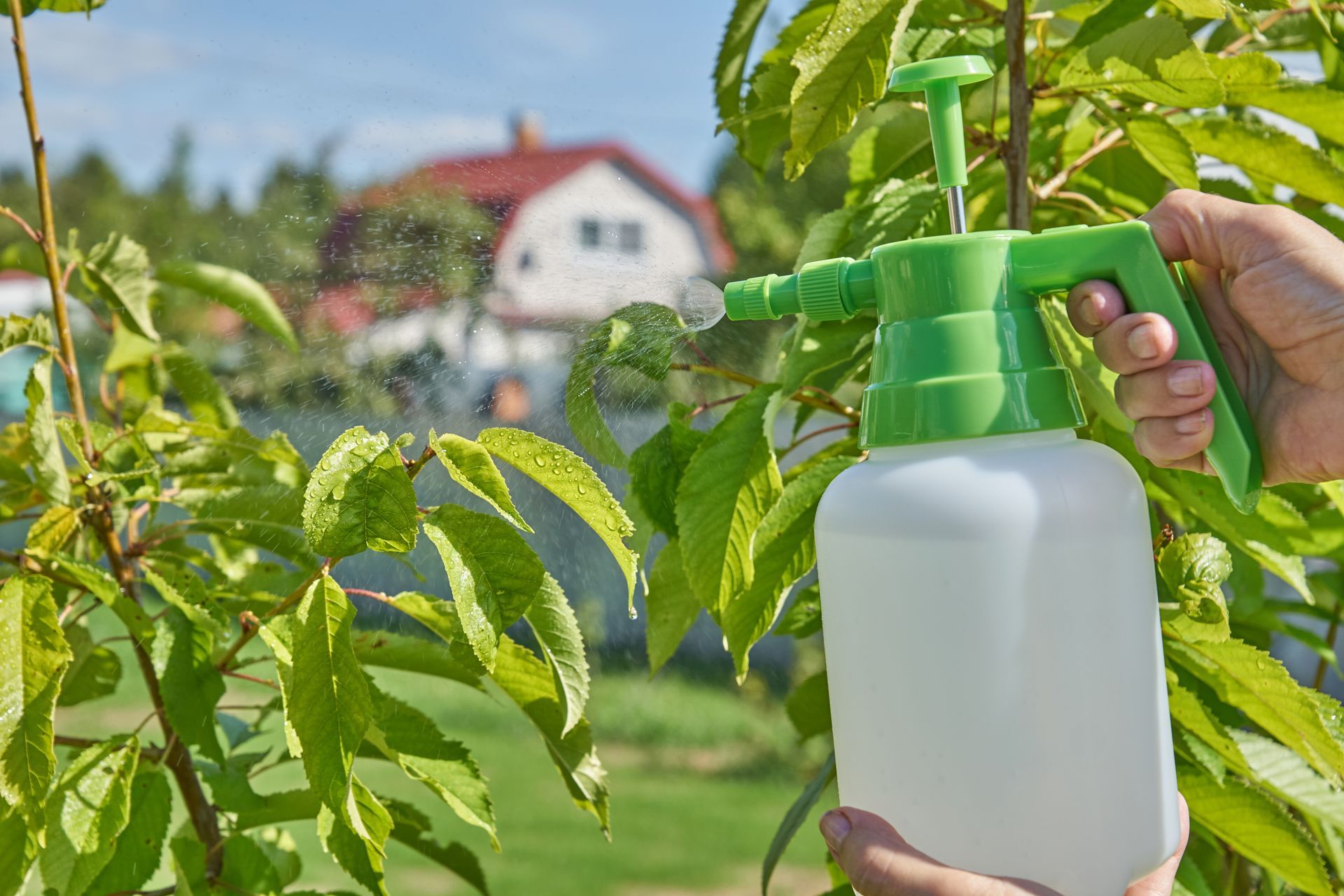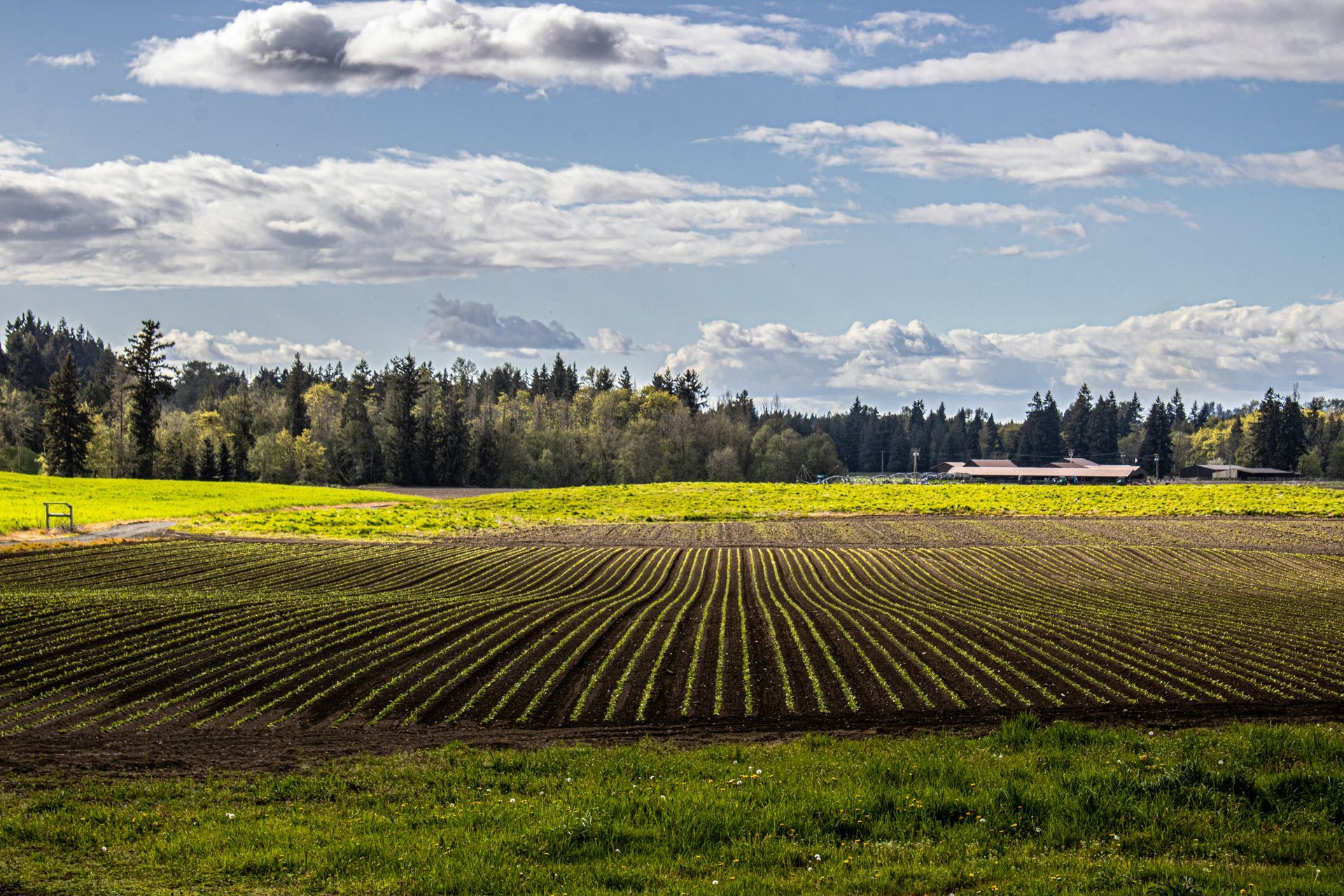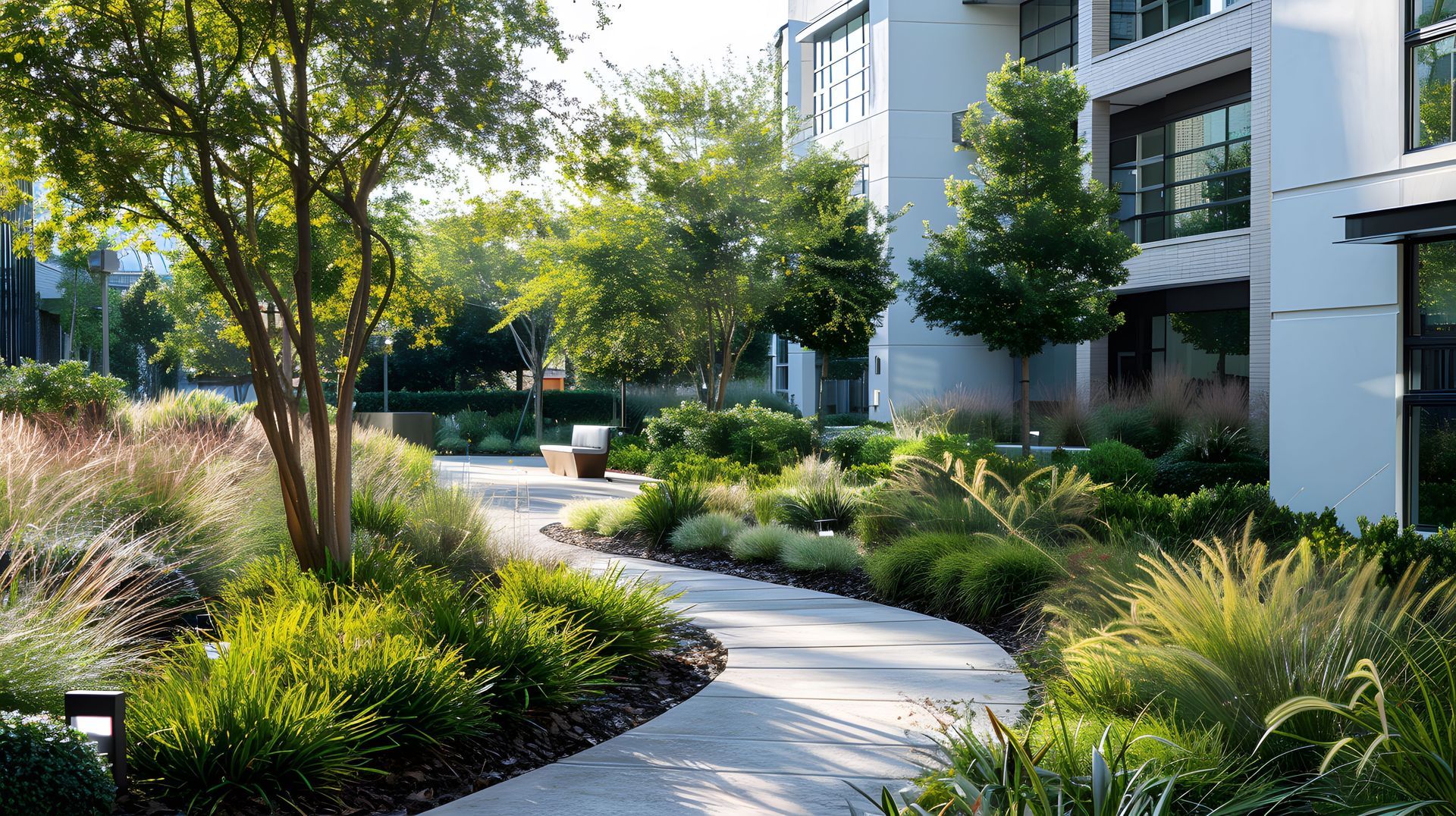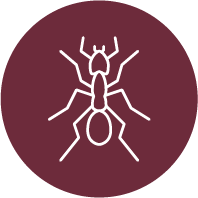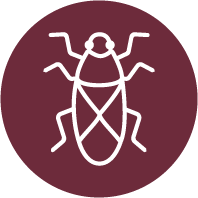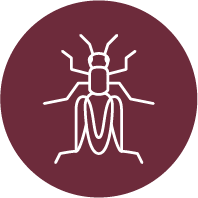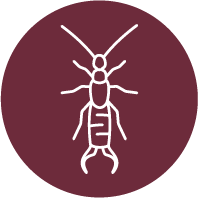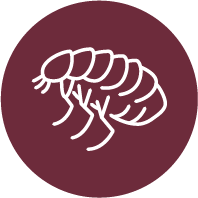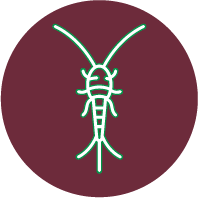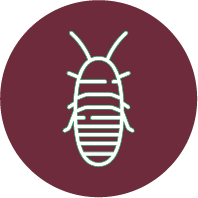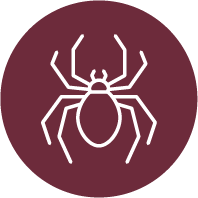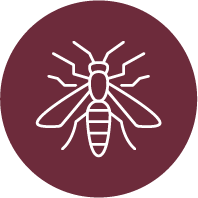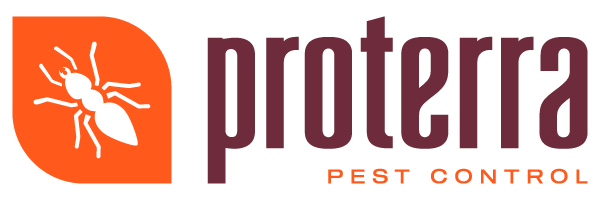How Climate Change Affects Pest Populations
Climate change is shaping our world in unprecedented ways, and the Tri-Cities area—comprising Kennewick, Pasco, and Richland in Washington State—is no exception. While many think of climate change in terms of rising sea levels or intense weather events, its influence on local pest populations is equally significant. For homeowners and businesses throughout the Tri-Cities, understanding these changes is critical to maintaining safe and pest-free environments.
Shifting Weather Patterns and Their Local Impact
The Tri-Cities region is known for its dry summers and relatively mild winters, but climate change is subtly altering these patterns. Warmer temperatures and milder winters have become increasingly frequent, leading to longer growing seasons and changes in precipitation. According to data from the National Oceanic and Atmospheric Administration (NOAA), the Pacific Northwest has already experienced a temperature increase of nearly 2°F over the last century. These shifts might seem minor, but even small changes can have a profound impact on the local ecosystem—especially for pests.
How Warmer Temperatures Alter Pest Behaviors
As temperatures rise, many pests that previously struggled to survive the cold Tri-Cities winters are now thriving year-round. For instance, ants, spiders, and cockroaches are overwintering indoors more successfully, leading to persistent infestations. Warmer winters also allow for earlier and extended breeding cycles among insects like mosquitoes, ticks, and fleas. This not only increases their populations but also raises the risk of vector-borne diseases.
A study from Pfizer found that tick populations in the region are expanding as a direct result of warmer, wetter winters—a trend expected to continue as climate change progresses. This means that pests once considered rare in the Tri-Cities are becoming common, creating new challenges for residents.
Expanding Pest Habitats in the Tri-Cities
Climate change doesn’t just impact pest numbers; it also expands their habitats. Pests like termites, once restricted to warmer climates, are now pushing northward into Washington State, endangering more homes and structures. Increased humidity and higher temperatures foster conditions ideal for their survival and spread.
Mosquitoes, in particular, are thriving in the Tri-Cities due to longer, wetter spring seasons. The Centers for Disease Control and Prevention (CDC) reports that the range of disease-carrying mosquitoes is growing nationwide, and the Tri-Cities is no exception. These changes mean more frequent encounters with pests and, potentially, greater public health risks.
Projections for Future Pest Trends
Looking ahead, experts predict that the effects of climate change on pest populations in the Tri-Cities will intensify. By 2050, the Environmental Protection Agency (EPA) projects that the population and activity of various pests—including ants, mosquitoes, and rodents—will increase as regional temperatures continue to rise. This could lead to longer pest seasons, new species introductions, and a greater need for year-round pest management.
Additionally, unpredictable weather patterns, such as heavy rains or droughts, can disrupt natural pest predators and further tip the balance in favor of pest populations. These environmental changes underscore the importance of adaptive pest control strategies that are responsive to evolving conditions.
Adapting Pest Control Strategies for a Changing Climate
For homeowners and businesses in the Tri-Cities, adapting to these new realities is essential. Integrated Pest Management (IPM) approaches, which combine prevention, monitoring, and targeted treatments, are especially effective in this context. Proterra Pest Control emphasizes proactive steps such as sealing entry points, reducing standing water, and maintaining clean environments, all of which help to reduce pest risks without resorting to harmful chemicals.
Regular inspections and early intervention are increasingly important as pest pressures grow. Homeowners should remain vigilant for signs of new pest activity, especially as climate change introduces unfamiliar species to the area. Working with a local, experienced pest control provider ensures that treatment plans are tailored to current and emerging risks.
At Proterra Pest Control, our eco-friendly solutions are designed to safeguard both your home and the surrounding environment as conditions evolve. We stay at the forefront of pest trends and employ the latest methods to keep your property protected year-round.
Stay Informed and Protect Your Home
As climate change continues to reshape pest populations in the Tri-Cities, staying informed and proactive is key. By understanding the ways in which shifting weather patterns influence local pests, you can make smart decisions to protect your home or business.
If you’re concerned about new pest issues or want to learn more about adaptive pest management, contact our team today. Proterra Pest Control is here to support you with expert advice, sustainable solutions, and a commitment to keeping the Tri-Cities community safe and healthy—no matter what the future brings.
For more information about our pest control services and eco-friendly approach, visit our
services page. Let’s work together to create a pest-free environment for you and your family, whatever the weather.
